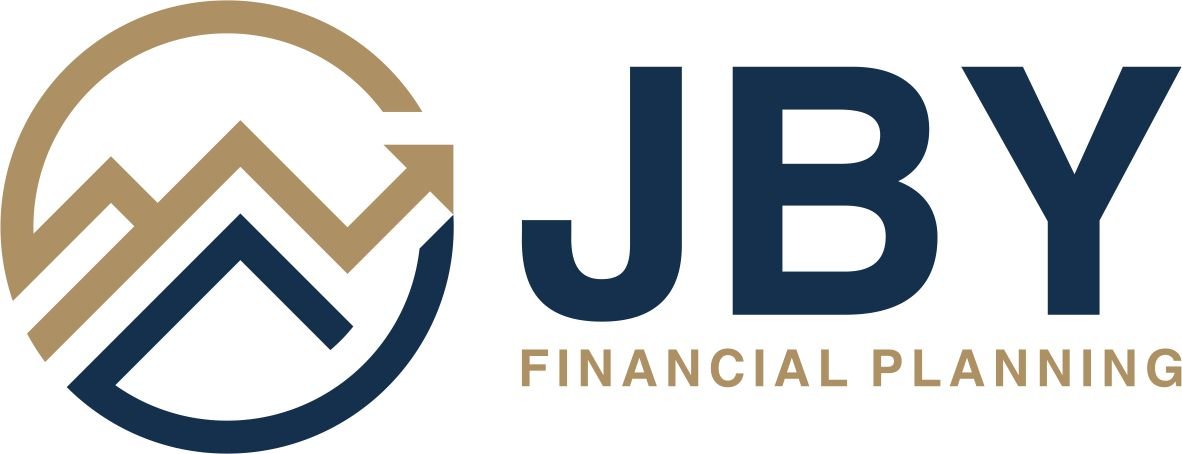Confidence vs. Action: What comes first?
Do you need confidence to act? Or does action beget confidence? Kind of like a chicken-and-egg scenario, right? In my line of work I’ve seen success from both types of personality traits. Those who feel the need to research to uncover the perfect investment, insurance, tax software - you name it. And those who feel the need to jump in willing to conquer problems along the way. And we need both types of people in this world. Think about the classic – and wildly entertaining movie – Top Gun. Maverick is the adventurer, the impulsive and fun one. While Goose is the reliable, careful, and thoughtful one. And what would Top Gun be without BOTH, Maverick and Goose?
Remember last week’s discussion on goal setting? My call to action was to write three goals and align purpose to those goals. The next step is researching. But eventually, we get to the implementation step. Here's where many, myself included, hit a roadblock. We crave complete knowledge before taking the first step, letting “perfect” be the enemy of “good” as my wife often reminds me. The quest for the perfect answer can lead to analysis paralysis. We’ll call these folks the “Goose.”
Conversely, some individuals seemingly have a "jump start" ability. They attack problems head-on, finding empowerment and confidence through action. But do they jump in too soon? Do they let the excitement lead them rather than the data? We’ll call these folks “Maverick”.
So which trait is better at accessing the keys to success? Well, neither. And both.
To the Goose, how can you go wrong with waiting for the perfect answer to mitigating risk and building confident decisions? But on the contrary, sometimes there is no perfect answer, and we just end up hanging out in a world of inaction.
To the Maverick, taking the initiative fosters a sense of accomplishment and adaptability. However, jumping in blindly can lead to costly mistakes.
The key - a powerful partnership. Financial planning isn't about a rigid sequence - confidence before action, or vice versa. It's a balanced partnership where these two elements work together, like a good teammate. Confidence acts as your guide, pointing out potential pitfalls and ensuring you're on the right track. But when you get stuck in a state of paralysis, action can be your motivator, giving you that much-needed nudge to take the first step.
In my house, I am a Goose and Kate is a Maverick. The difference has certainly caused – shall we say – disagreements over the years. But when we harness both tendencies to create a balanced approach, that’s when we find the best outcomes.
What is one of the best examples of this? Starting my own business. As anyone can tell you, starting a business is complicated, intense, and filled with unexpected twists and turns. I spent years planning, researching, and developing business plans. And with Kate’s tendency to jump start, I finally did it. But because of the preparation, I felt ready.
Behavioral researchers have taken notice of these traits. I recently listened to a podcast featuring Dr. Daniel Crosby, a psychologist and a behavioral finance. Dr. Crosby referenced a study out of Canada that compared a control group to an experimental group, that had to look at a picture of their children for five seconds before they made a financial decision, and they monitor decisions over this time. And the people who looked at the picture of their children before they made financial decisions made better decisions. They saved twice as much money.
In the realm of financial planning, confidence and action are essential partners, not rivals. By understanding this dynamic, you can embark on a journey fueled by clarity, purpose, and a healthy dose of action. Remember, progress starts with the first step, whether meticulously planned or bravely taken. Of course, it doesn’t hurt to have a partner along the way.

